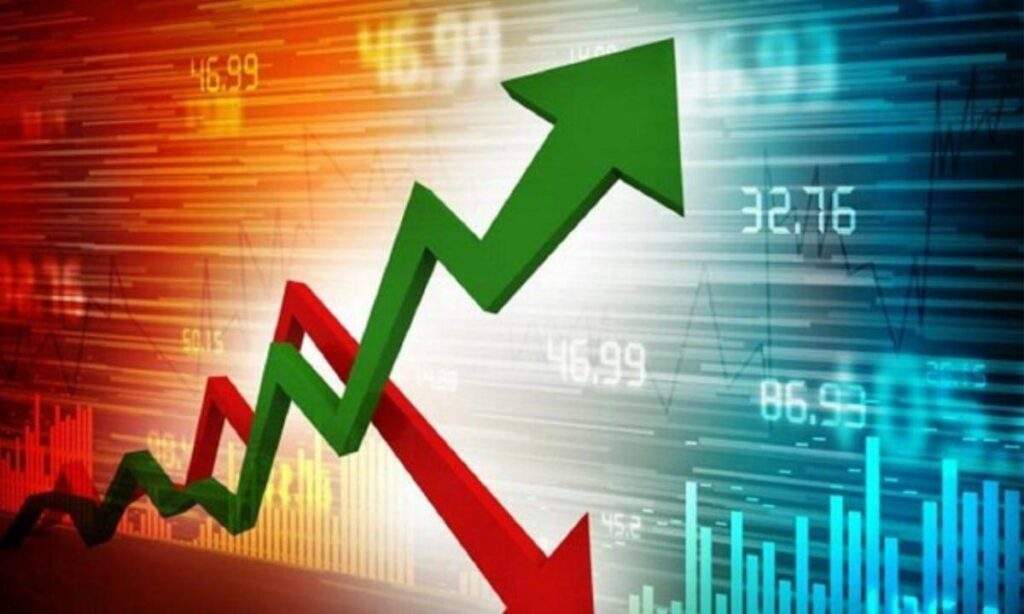Nigeria’s inflation rate has risen again, reaching 22.22% in April 2023, up from 22.04% recorded in March. This information was released in a National Bureau of Statistics Consumer Price Index report.
The continued increase in inflation has persisted despite multiple interest rate hikes by the Central Bank of Nigeria. The bank has implemented measures to try and control the rising inflation rate, including raising the Monetary Policy Rate from 11.5% to 18% within a year.
The prices of goods continue to rise amidst this, with the food inflation rate reaching 24.61% on a year-on-year basis in April 2023. This is 6.24% higher than the rate recorded in April 2022 (18.37%), and 24.35% higher than the previous month. The rising food inflation was caused by increased prices of oil and fat, bread and cereals, fish, and other staple foods.
The report also indicated that the “All items less farm produce,” or core inflation, which excludes agricultural produce, reached 20.14% in April 2023 on a year-on-year basis. This is 5.96% higher than the rate recorded in April 2022 and 19.86% recorded in March 2023.
Increased prices of gas, air transport, liquid fuel, vehicle spare parts, fuels, and lubricants for personal transport equipment, medical services, and road transport contributed to the further rise in inflation. The divisional level contributions to the increase in the headline index include food and non-alcoholic beverages (11.51%), housing, water, electricity, gas, and other fuels (3.72%), clothing and footwear (1.7%), and transport (1.45%).
On a year-on-year basis, inflation rate was highest in Bayelsa (26.14%), Kogi (25.57%), and Rivers (24.95%) while Borno (19.06%), Taraba (19.64%), and Sokoto (19.90%) recorded the slowest rise in headline inflation. On a month-on-month basis, April 2023 recorded the highest increases in Cross River (3.05%), Bayelsa (2.92%), and Rivers (2.62%) while Katsina (0.52%), Jigawa (0.74%), and Osun (0.96%) recorded the slowest rise.
The continued surge in inflation indicates that the measures taken by the Central Bank of Nigeria have yet to yield results. Nigerians will continue to pay more for goods, leading to decaying purchasing power.
